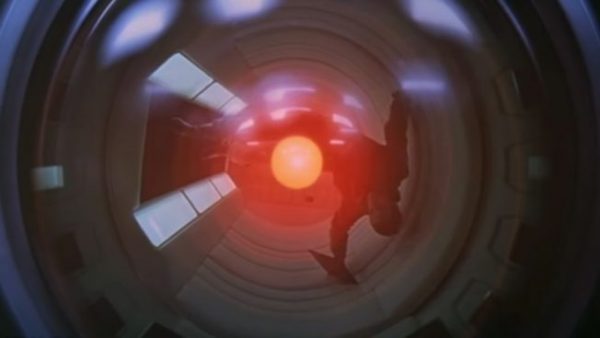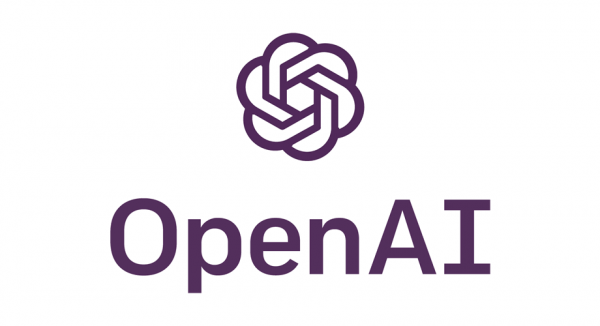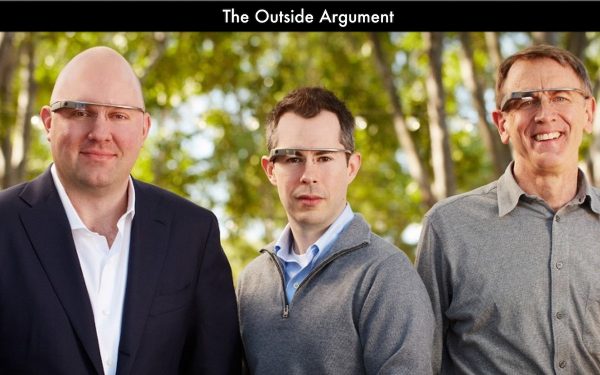

Yesterday on the OpenAI blog, founder Sam Altman, President Greg Brockman and Chief Scientist Ilya Sutskever posted an article titled Governance of superintelligence with the subtitle “Now is a good time to start thinking about the governance of superintelligence—future AI systems dramatically more capable than even AGI.”
Although it’s a good idea to think about this sort of thing, there’s also the possibility that all this fuss over superintelligence may be for nothing. In his talk, Superintelligence: The Idea That Eats Smart People, which he gave at Web Camp Zagreb in 2016, developer Maciej Ceglowski, whom I personally know from another life back in the 2000s, lists some arguments against the idea of an evil superintelligence that is a threat to humanity:
Here are just a few of Maciej’s “inside perspective” arguments, which you can also find in his companion essay:
- The Argument From Wooly Definitions: “With no way to define intelligence (except just pointing to ourselves), we don’t even know if it’s a quantity that can be maximized. For all we know, human-level intelligence could be a tradeoff. Maybe any entity significantly smarter than a human being would be crippled by existential despair, or spend all its time in Buddha-like contemplation.”
- The Argument From Stephen Hawking’s Cat: “Stephen Hawking is one of the most brilliant people alive [He was alive at the time Maciej wrote this], but say he wants to get his cat into the cat carrier. How’s he going to do it? He can model the cat’s behavior in his mind and figure out ways to persuade it. He knows a lot about feline behavior. But ultimately, if the cat doesn’t want to get in the carrier, there’s nothing Hawking can do about it despite his overpowering advantage in intelligence.”
- The Argument From Einstein’s Cat: “There’s a stronger version of this argument, using Einstein’s cat. Not many people know that Einstein was a burly, muscular fellow. But if Einstein tried to get a cat in a carrier, and the cat didn’t want to go, you know what would happen to Einstein.”
- The Argument From Emus: “In the 1930’s, Australians decided to massacre their native emu population to help struggling farmers. They deployed motorized units of Australian army troops in what we would now call technicals—fast-moving pickup trucks with machine guns mounted on the back. The emus responded by adopting basic guerrilla tactics: they avoided pitched battles, dispersed, and melted into the landscape, humiliating and demoralizing the enemy. And they won the Emu War, from which Australia has never recovered.”
- The Argument From Slavic Pessimism: “We can’t build anything right. We can’t even build a secure webcam. So how are we supposed to solve ethics and code a moral fixed point for a recursively self-improving intelligence without fucking it up, in a situation where the proponents argue we only get one chance?”
- The Argument From Complex Motivations: “Complex minds are likely to have complex motivations; that may be part of what it even means to be intelligent. There’s a wonderful moment in Rick and Morty where Rick builds a butter-fetching robot, and the first thing his creation does is look at him and ask ‘what is my purpose?’. When Rick explains that it’s meant to pass butter, the robot stares at its hands in existential despair.”
- The Argument From Actual AI: “When we look at where AI is actually succeeding, it’s not in complex, recursively self-improving algorithms. It’s the result of pouring absolutely massive amounts of data into relatively simple neural networks. The breakthroughs being made in practical AI research hinge on the availability of these data collections, rather than radical advances in algorithms.”
- The Argument From Maciej’s Roommate: “My roommate was the smartest person I ever met in my life. He was incredibly brilliant, and all he did was lie around and play World of Warcraft between bong rips. The assumption that any intelligent agent will want to recursively self-improve, let alone conquer the galaxy, to better achieve its goals makes unwarranted assumptions about the nature of motivation.”
There are also his “outside perspective” arguments, which look at what it means to believe in the threat of an AI superintelligence. It includes become an AI weenie like the dorks pictured below:
The dork on the left is none other than Marc Andreesen, browser pioneer, who’s now more of a south-pointing compass these days, and an even bigger AI weenie, if tweets like this are any indication:
But more importantly, the belief in a future superintelligence feels like a religion for people who think they’re too smart to fall for religion.
As Maciej puts it:
[The Singularity is] a clever hack, because instead of believing in God at the outset, you imagine yourself building an entity that is functionally identical with God. This way even committed atheists can rationalize their way into the comforts of faith. The AI has all the attributes of God: it’s omnipotent, omniscient, and either benevolent (if you did your array bounds-checking right), or it is the Devil and you are at its mercy.
Like in any religion, there’s even a feeling of urgency. You have to act now! The fate of the world is in the balance!
And of course, they need money!
Because these arguments appeal to religious instincts, once they take hold they are hard to uproot.
Or, as this tweet summarizes it:
In case you need context:
- Roko’s Basilisk is a thought experiment posted on the “rational discourse” site LessWrong (which should be your first warning) about a potential superintelligent, super-capable AI in the future. This AI would supposedly have the incentive to create a virtual reality simulation to torture anyone who knew of its potential existence but didn’t tirelessly and wholeheartedly work towards making that AI a reality.
It gets its name from Roko, the LessWrong member who came up with this harebrained idea, and “basilisk,” a mythical creature that can kill with a single look. - Pascal’s Wager is philosopher Blaise Pascal’s idea that you should live virtuously and act as if there is a God. If God exists, you win a prize of infinite value: you go to Heaven forever and avoid eternal damnation in Hell. If God doesn’t exist, you lose a finite amount: some pleasures and luxuries during your limited lifespan.



One reply on “Maciej Ceglowski’s reassuring arguments for why an AI superintelligence might not be a threat to humanity”
[…] Read the complete article at: http://www.globalnerdy.com […]